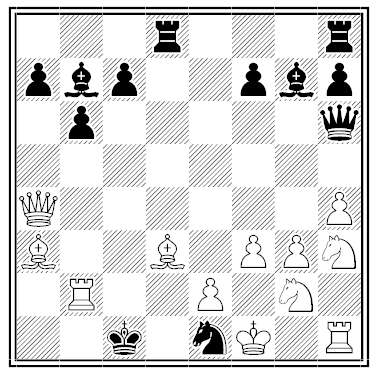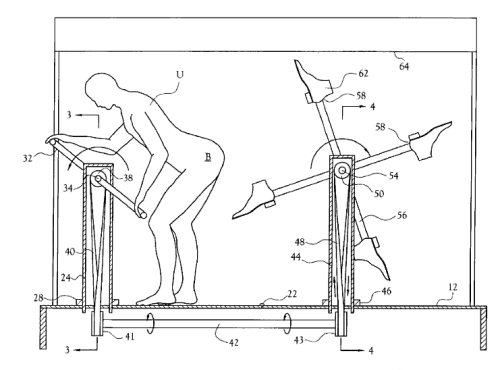Tiny Norfolk Island in the South Pacific has the world’s only telephone directory that lists people by nickname.
In 2007 these included Beef, Blitti, Booda, Bubby, Bugs, Bunt, Cane Toad, Carrots, Chilla, Chinny, Crowbar, Dar Bizziebee, Derms, Devil, Diddles, Diesel, Doby, Doodus, Dussa, Fishy, Frenzy, Gags, Geek, Girlie, Goof, Golla, Grin, Gumboots, Hat, Honkey-Dorey, Hose, Kik Kik, Kissard, Knuckles, Lettuce Leaf, Little Pooh, Loppy, Massport, Monkey, Moo, Nippa, Nuffka, Onion, Paw Paw, Philly, Plute, Possum, Puddles, Puffa, Pumbles, Pumpa, Pusswah, Rubber Duck, Skeeters, Slack, Smudgie, Snobbles, Sputt, Steggles, Storky, Toofy, Toyboy, Trigger, Truck, Ummy, Wiggy, and Yarm.
Many of the island’s residents are descended from the Bounty mutineers, who resettled from the Pitcairn Islands in 1856. Their European surnames are so common on the island that many go by adopted names.
UPDATE: I’m told that the Spanish village of Villanueva del Trabuco, in Andalucía, has a nickname-based phone directory that runs to 30 pages. The population is 5,000, about twice that of Norfolk Island.
(Thanks, Toño and Lucía.)




